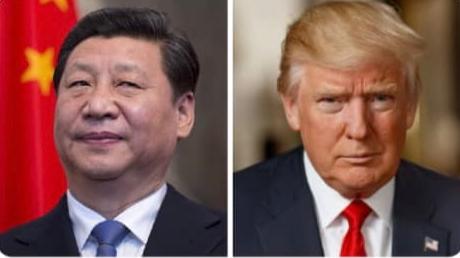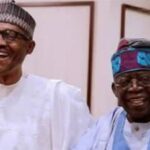Beware of American Investments, China Warns Billionaires Citizens

Chinese authorities have reportedly advised the country’s wealthiest individuals and business elites to avoid investing in the United States, citing rising political hostility and diminishing financial security.
While there is no official blanket ban on outbound U.S. investments, sources familiar with the matter suggest Beijing has issued internal guidance warning billionaires that the U.S. is “no longer a safe destination” for their assets.
The advisory follows a series of U.S. policies that have placed increasing restrictions on Chinese companies and capital flowing into sensitive sectors such as technology, AI, and semiconductors.
Chinese state media outlets have echoed the sentiment, criticizing what they describe as Washington’s “economic coercion” and “tech bullying.” The Ministry of Commerce recently denounced new U.S. restrictions on Chinese tech investments, accusing the U.S. of undermining global trade stability and disrupting international supply chains.
In a further sign of tightening capital control, China has also introduced new measures to tax the overseas investment gains of its ultra-wealthy citizens. Financial analysts interpret this as a move to both rein in capital outflows and signal Beijing’s growing discomfort with outbound investments to Western markets, particularly the U.S.
“The current geopolitical climate makes it increasingly risky for Chinese investors to place their money in American ventures,” said a Shanghai-based economist who requested anonymity. “There is a clear shift in tone — the U.S. is being viewed less as a partner and more as a potential threat.”
The guidance may have immediate consequences for high-profile Chinese investors with interests in American real estate, tech startups, and Wall Street holdings. In recent years, scrutiny over Chinese investments in the U.S. has intensified, with Washington taking steps to delist Chinese firms from stock exchanges, block mergers, and monitor foreign ownership of sensitive infrastructure.
The move is the latest chapter in a broader economic decoupling between the world’s two largest economies, as both sides ramp up efforts to insulate themselves from geopolitical fallout.
For now, Beijing has stopped short of imposing formal legal restrictions. But with tensions unlikely to ease in the near future, Chinese billionaires may find themselves increasingly discouraged — or outright prevented — from expanding their financial footprint in the United States.








